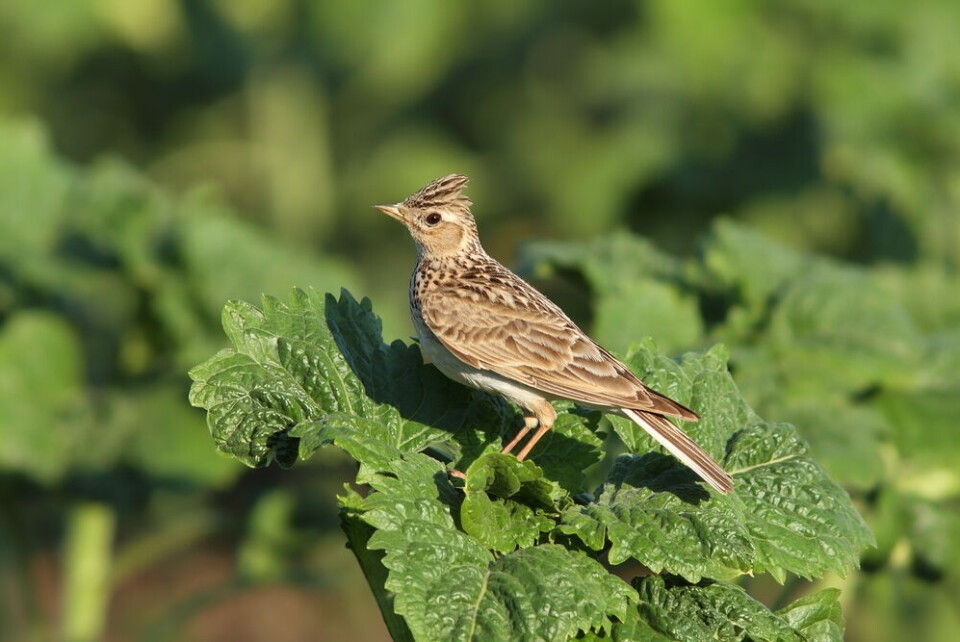-
Learning French: Have you ever dreamt in your target language?
From passive listening to active speaking, dreaming in French can indicate you are regularly practicing it
-
Learning French: what does fastoche mean and when should it be used?
Plus, can you guess the meaning behind more simple slang terms ending in -oche
-
Learning French: when and why do we say montrer patte blanche?
A French fairytale phrase for trustworthiness
Gentille Alouette: True meaning of the not-so-gentle French kids’ song
You may remember the tune from your school French lessons, but do you know what the lyrics mean?

Today, we contrarily veer off-topic slightly to examine something that you DO learn at school, but whose full meaning is perhaps never fully made clear by the teacher!
Alongside Frère Jacques, among the most popular French children’s songs in English-speaking countries is Alouette, Gentille Alouette (Lark, Nice Lark). For many of us, the melody remains stuck in the brain like an earworm right into adulthood.
However, do you remember what the lyrics of the French-Canadian song mean? It seems to be a rather cruel ode to catching a lark to pluck it (plumer) – hardly the fanciful stuff of a carefree childhood?
“Alouette, gentille alouette
Alouette, je te plumerai
Je te plumerai la tête
Je te plumerai la tête”
However, the idea of plucking the little lark, including its head (not even its eyes and bec (beak) are safe, later in the song) before cooking it up is merely a sign of the times in which it was written (the lyrics were first published in 1879).
French colonists ate horned larks, which they considered to be a game bird, making it a reasonable target for the peckish.
Other theories abound regarding why the little lark incurred such fierce wrath – such as that the songbird was the first bird to sing in the morning, thus waking everyone up too early, including annoyed lovers who would then have to part ways.
The song’s rather ruthless message wrapped inside a compellingly sweet tune lives on. But actually eating tiny birds, not so much... thanks to hunting bans.
Instead, try alouettes sans tête – stuffed beef parcels, with not a beak in sight.
Read more
Au revoir et bon vent: Nine ways to say goodbye in France
La viande: Little-known origins of the French word for meat
What is the first ‘swear’ word every French person learns?
























